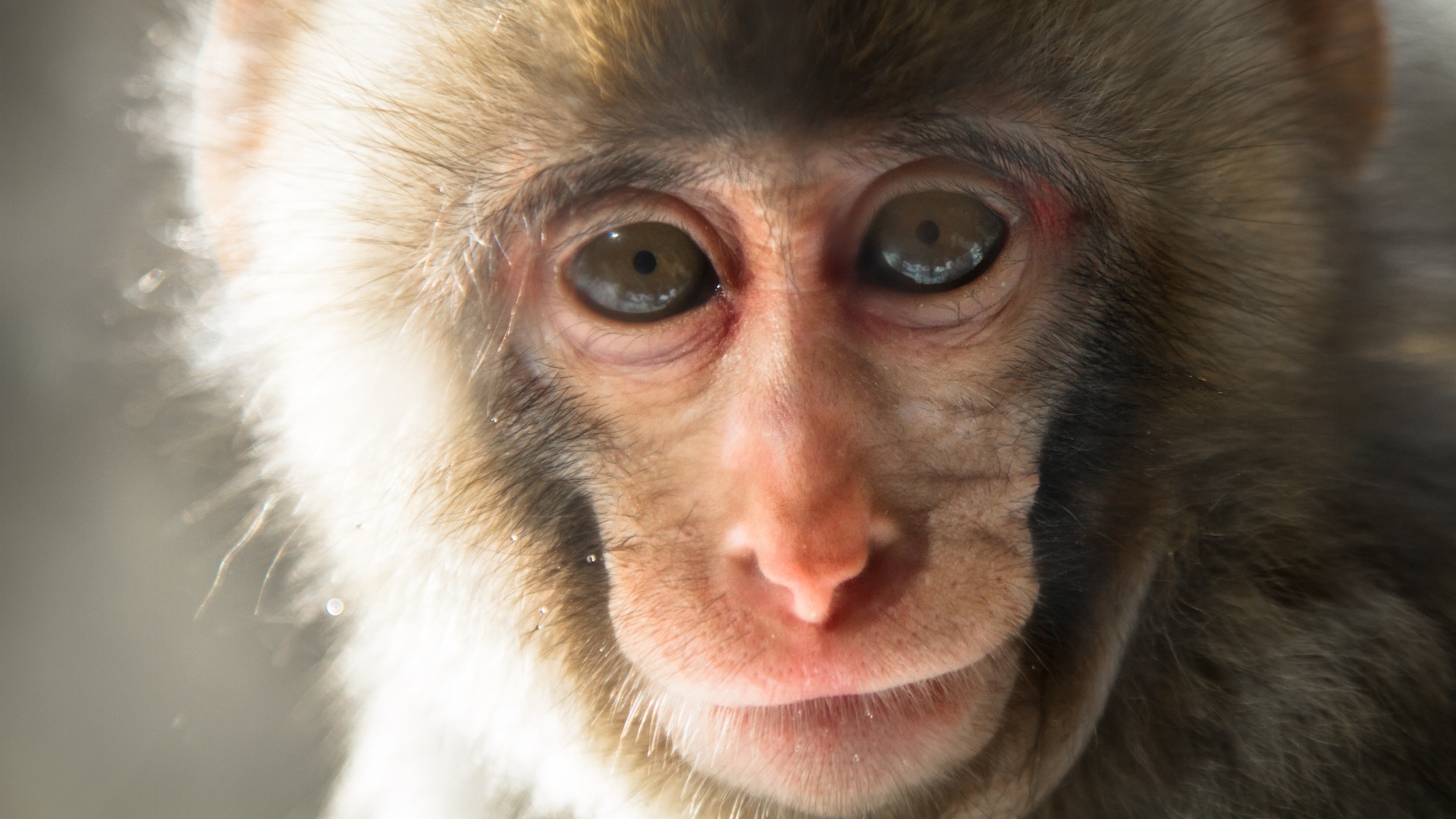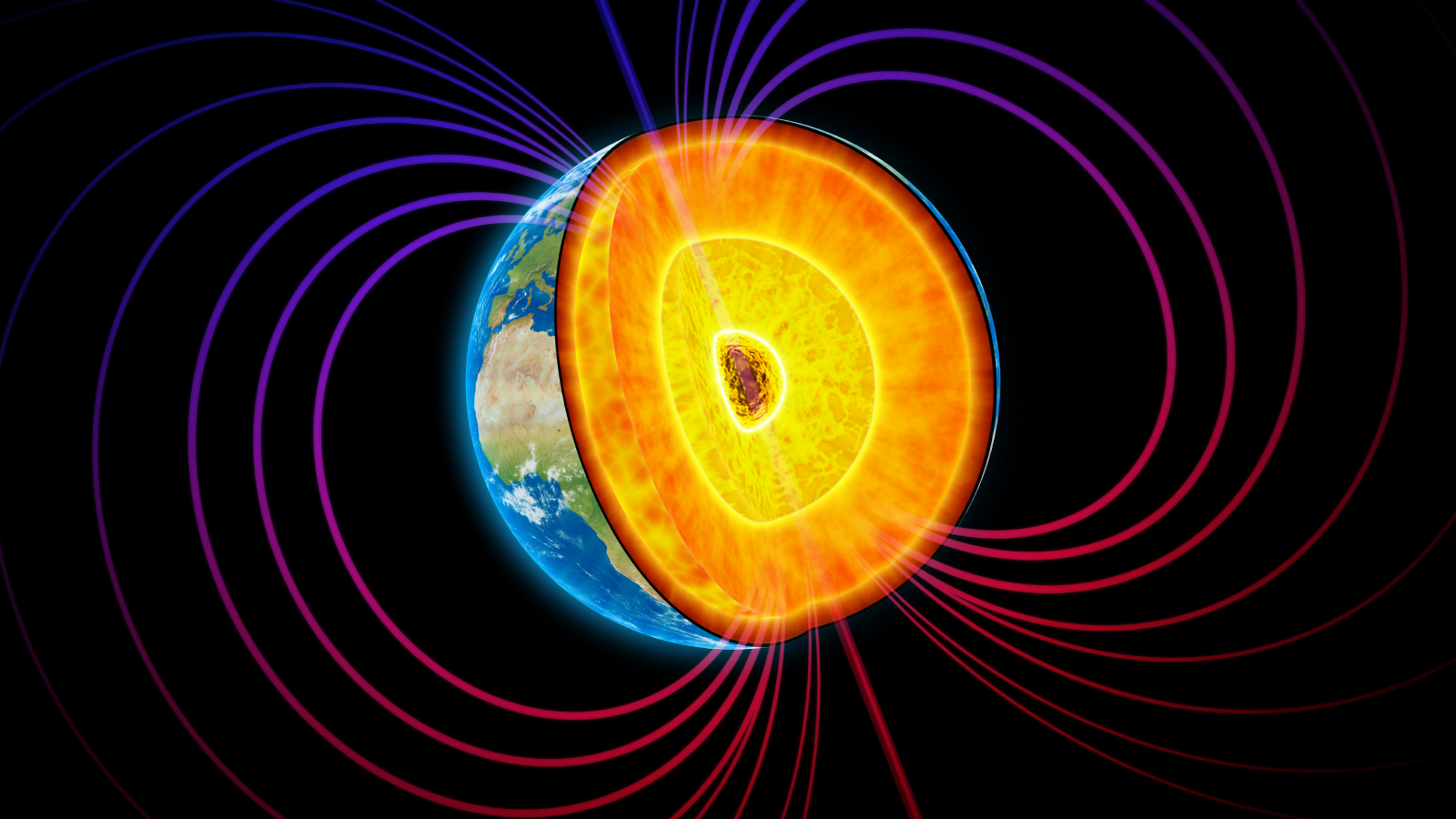
Stephanie Pappas
Stephanie Pappas is a contributing writer for Live Science, covering topics ranging from geoscience to archaeology to the human brain and behavior. She was previously a senior writer for Live Science but is now a freelancer based in Denver, Colorado, and regularly contributes to Scientific American and The Monitor, the monthly magazine of the American Psychological Association. Stephanie received a bachelor's degree in psychology from the University of South Carolina and a graduate certificate in science communication from the University of California, Santa Cruz.
Latest articles by Stephanie Pappas
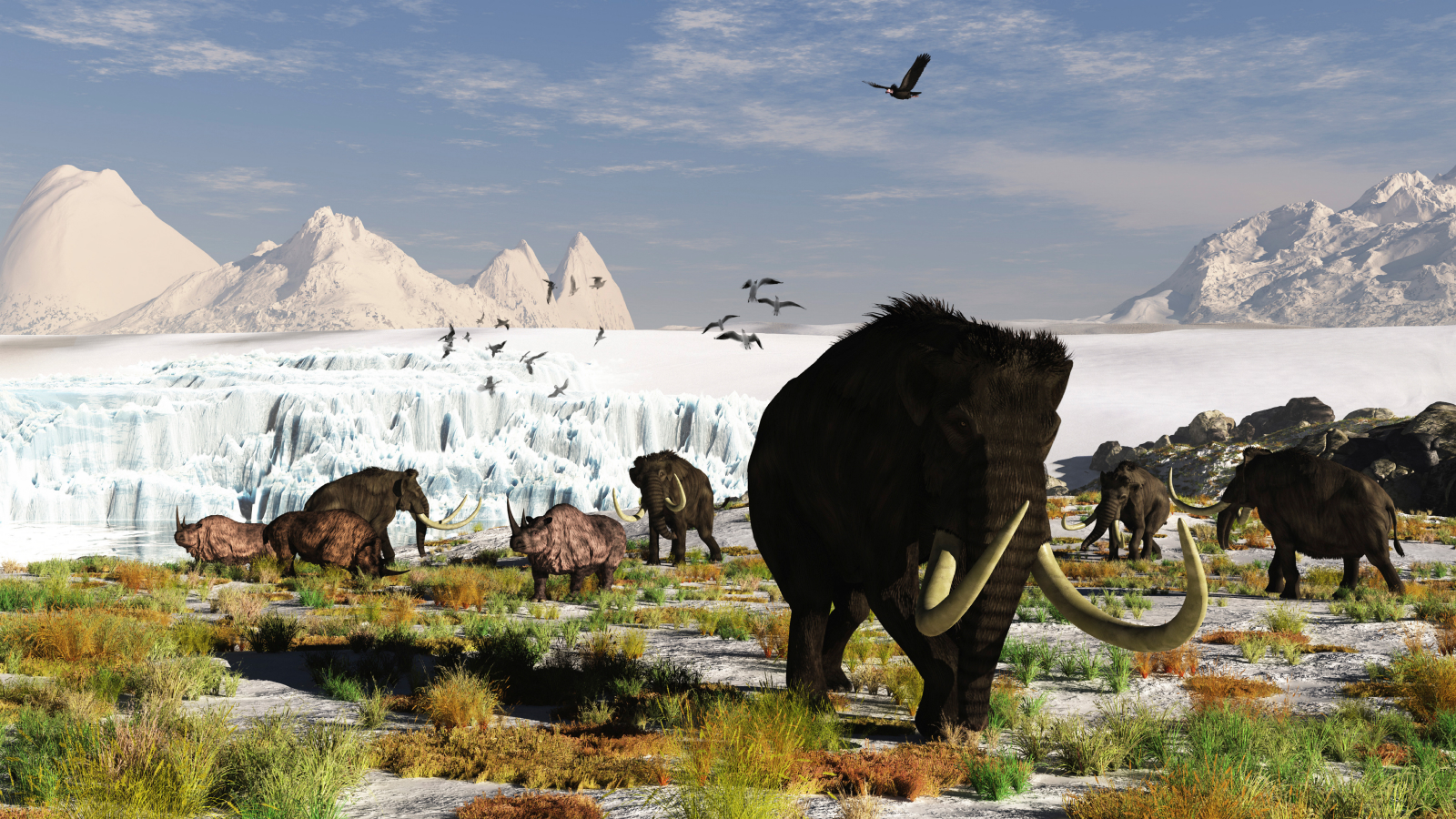
Ancient 'land bridge' that connected Siberia to US wasn't what it seems, scientists find
By Stephanie Pappas published
The boggy landscape of the Bering land bridge may have allowed some ice age animals to cross easily, while others stayed in Asia.
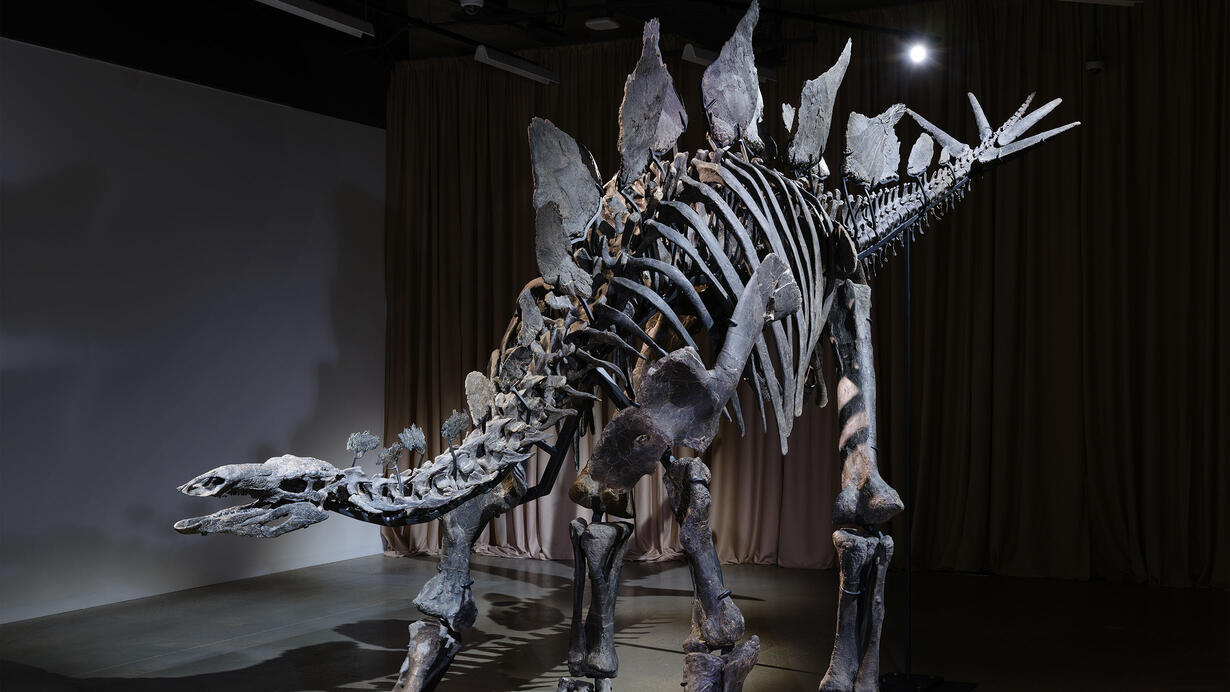
Most expensive dinosaur skeleton ever now on display in New York City
By Stephanie Pappas published
'Apex,' one of the most complete stegosaurus fossils ever found, is on display at the American Museum of Natural History.
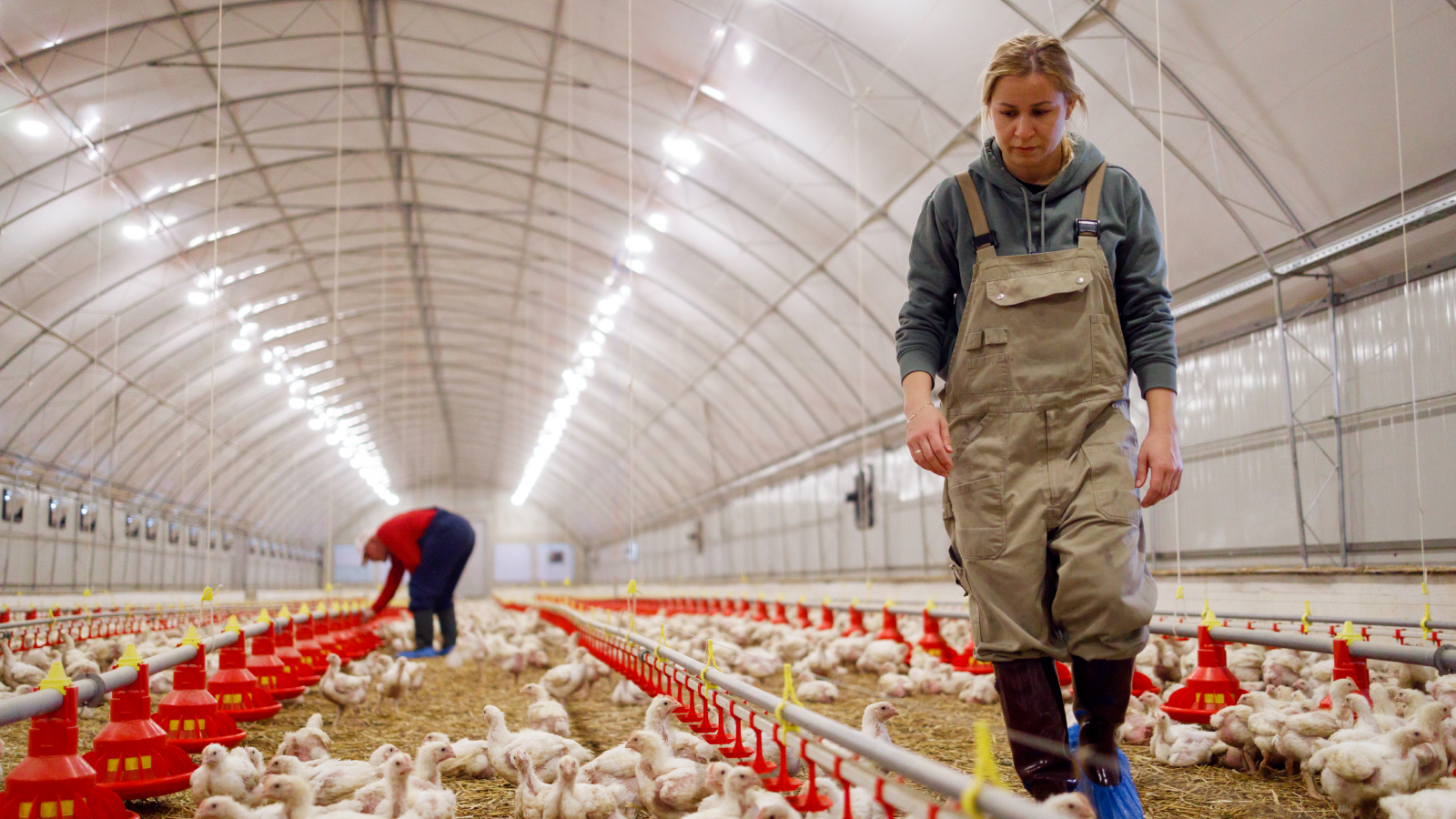
How to avoid bird flu
By Stephanie Pappas published
The vast majority of human cases of H5N1 bird flu in the U.S. have resulted from direct contact with animals, so a few simple precautions can keep most people's risk very low.
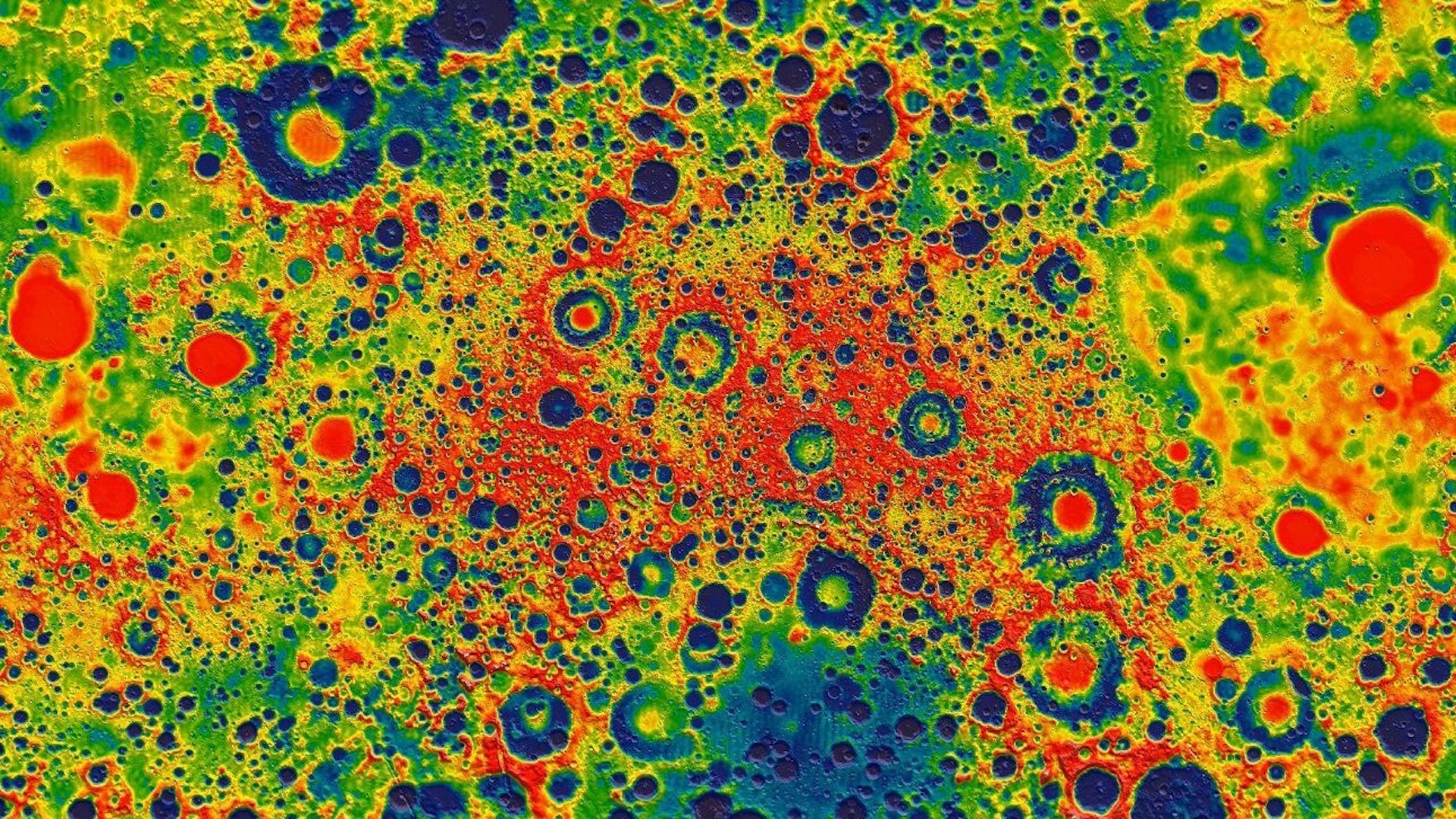
China reveals secrets of 1st sample taken from the far side of the moon — and it contains a volcanic surprise
By Stephanie Pappas published
Active volcanoes were erupting on the far side of the moon 2.8 billion years ago, the first lunar samples returned from the far side reveal.
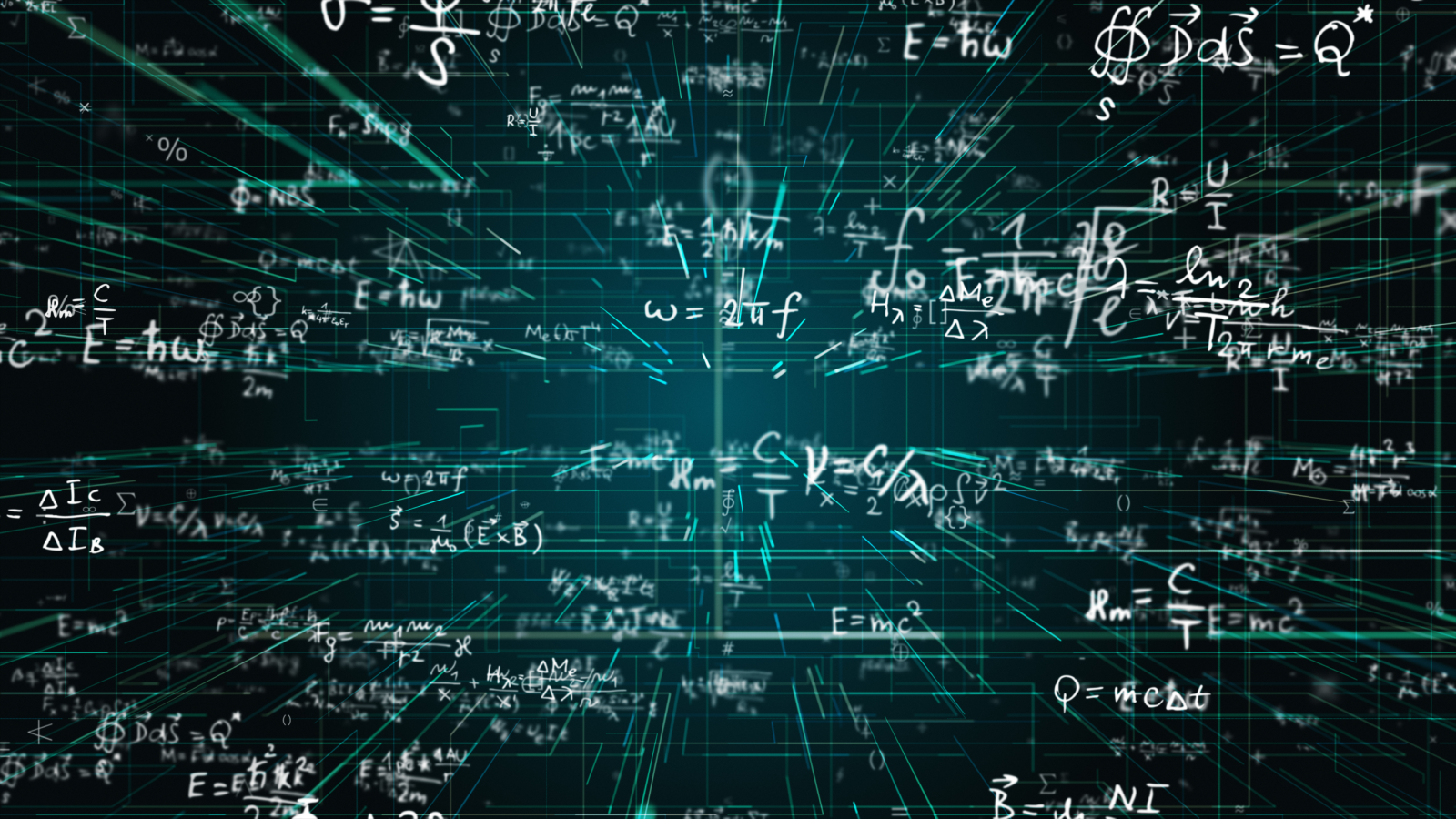
Mathematicians devised novel problems to challenge advanced AIs' reasoning skills — and they failed almost every test
By Stephanie Pappas published
Current AI models struggle to solve research-level math problems.
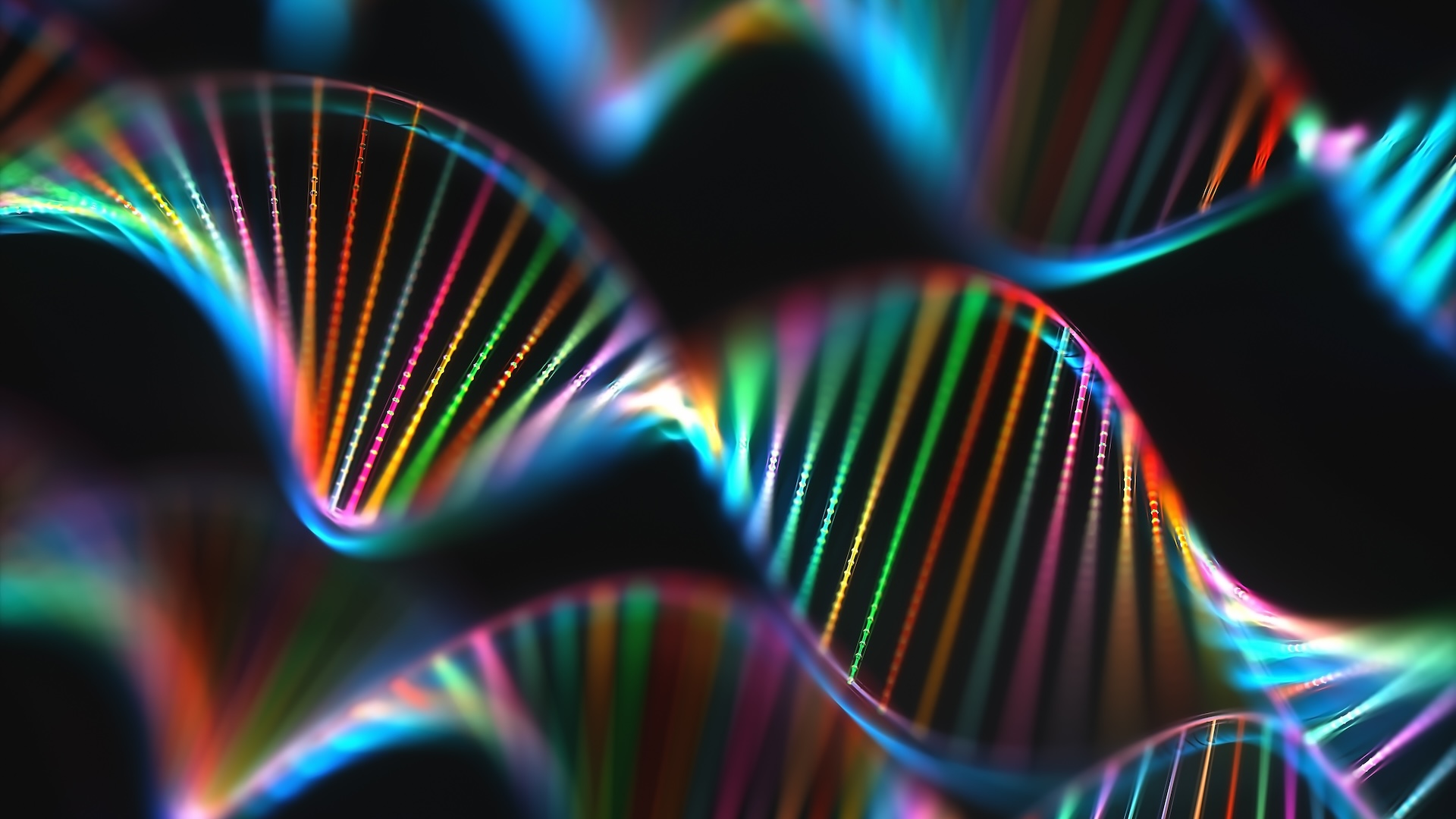
1 gene may explain 30 mysterious medical conditions
By Stephanie Pappas published
While investigating a rare developmental disorder, researchers ended up discovering a spectrum of conditions that are all linked to one gene.
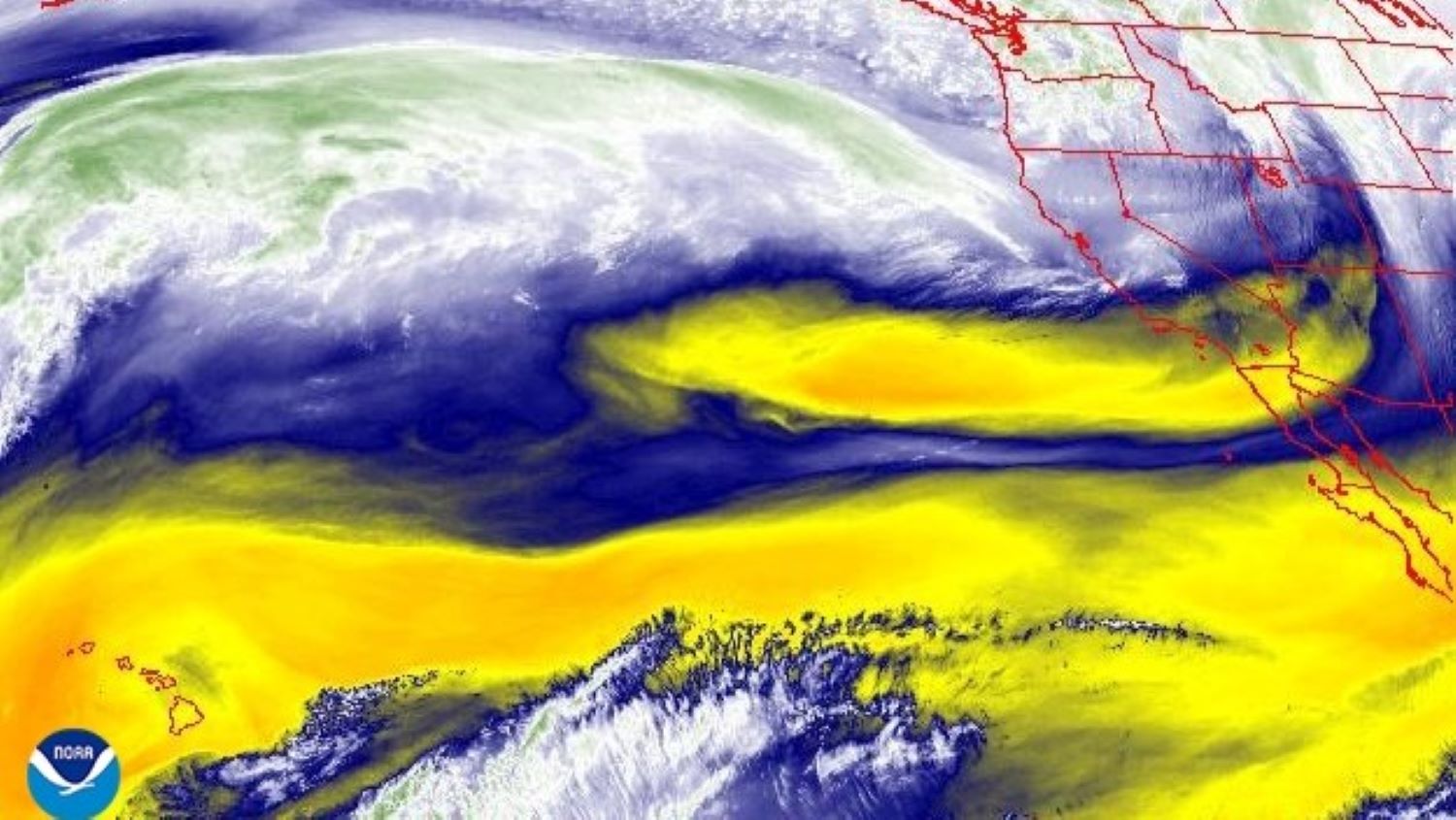
West Coast bracing for 'bomb' cyclone
By Stephanie Pappas published
A low-pressure system headed for Northern California and Oregon is likely to bring extreme rain and strong winds.
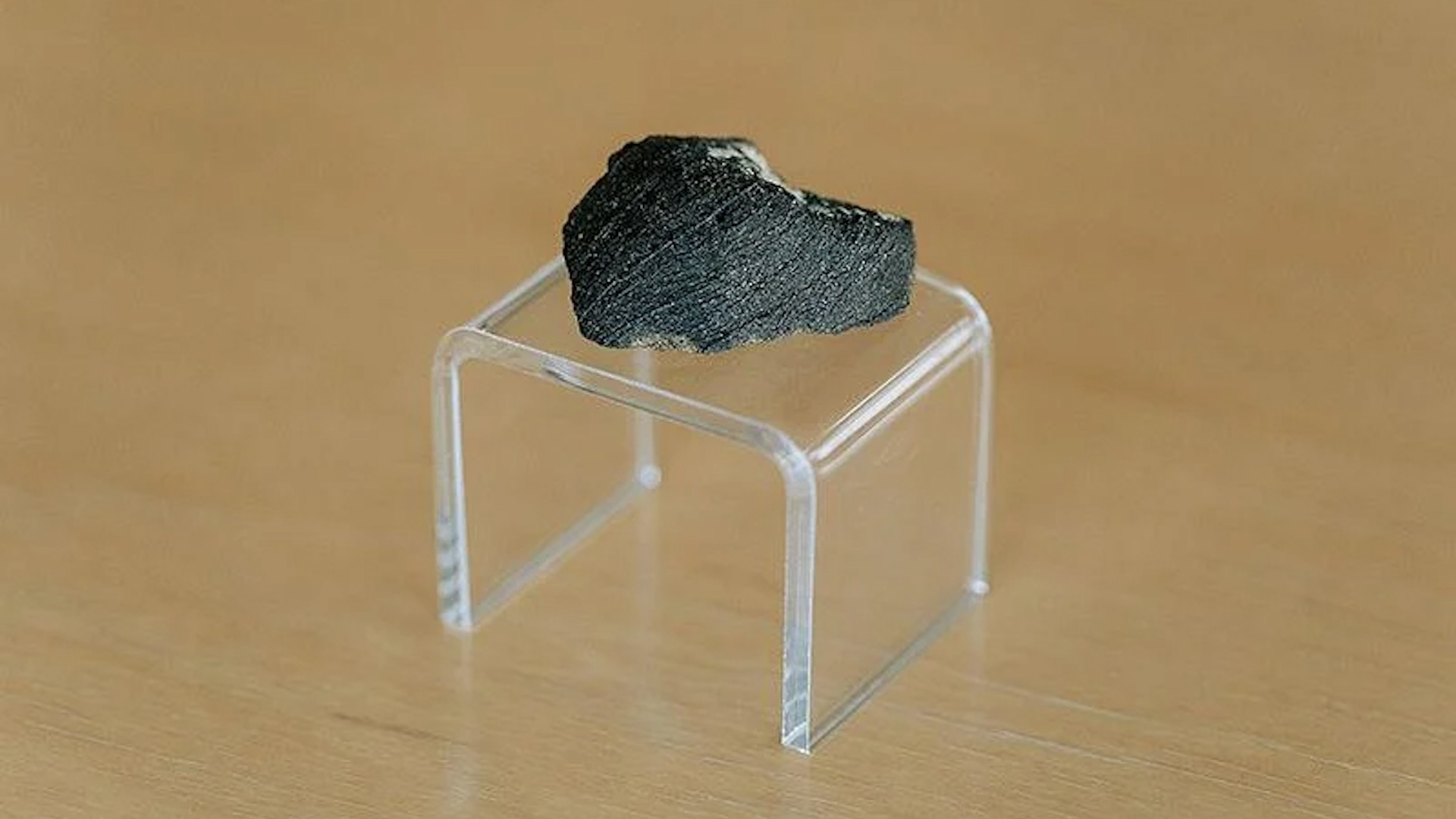
Meteorite found in a drawer at university contains 700-million-year-old evidence of water on Mars
By Stephanie Pappas published
The Lafayette meteorite was discovered in a drawer at Purdue University in 1931, with no clear indication of how it got there. A new analysis of the rock reveals evidence of liquid water on Mars 742 million years ago.
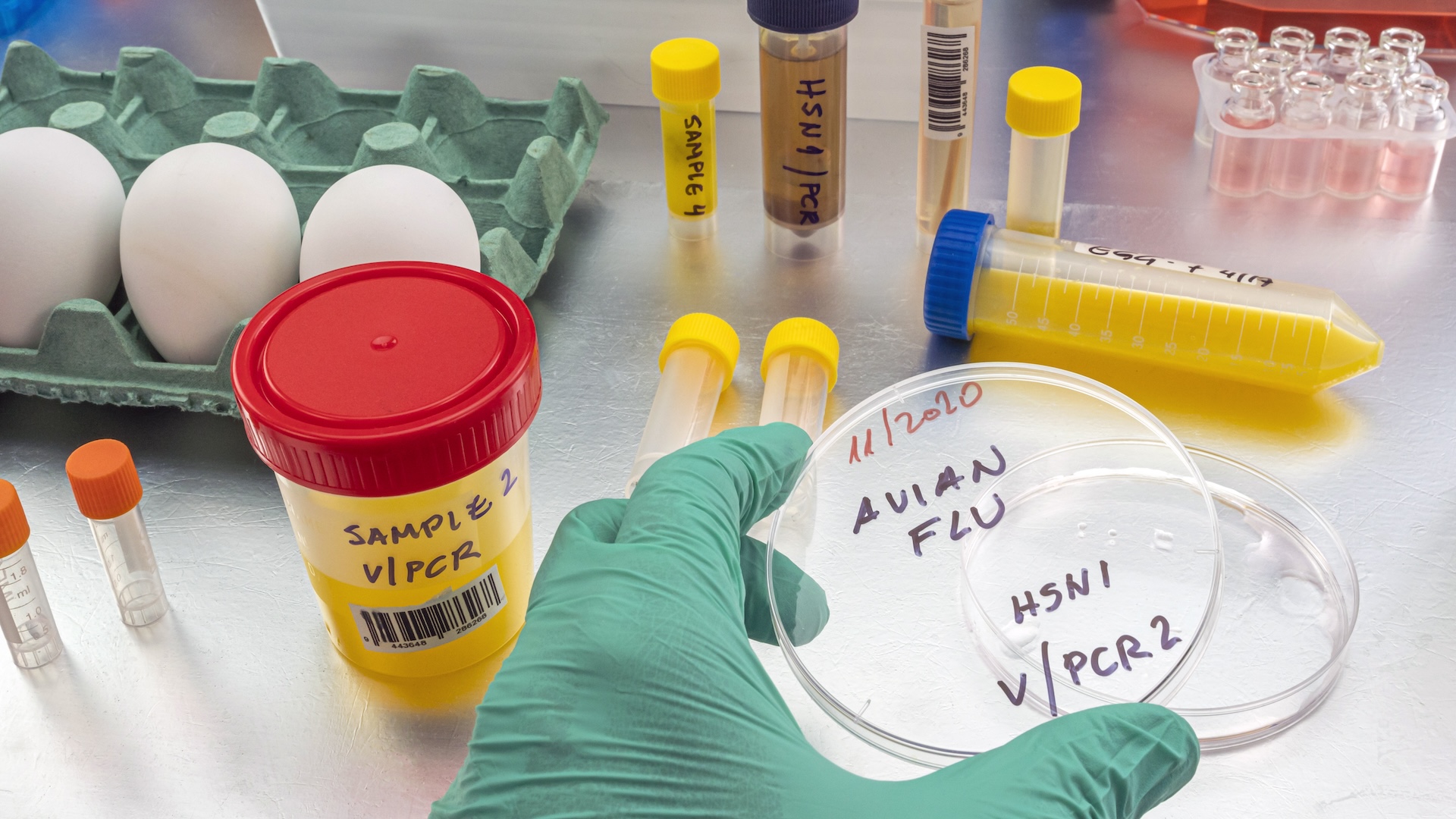
Teen sickened with Canada's first human case of bird flu is in critical condition — and the source remains a mystery
By Stephanie Pappas published
A teenager in Canada is critically ill with the country's first human case of H5N1 bird flu. Health officials aren't sure how the youth was exposed.
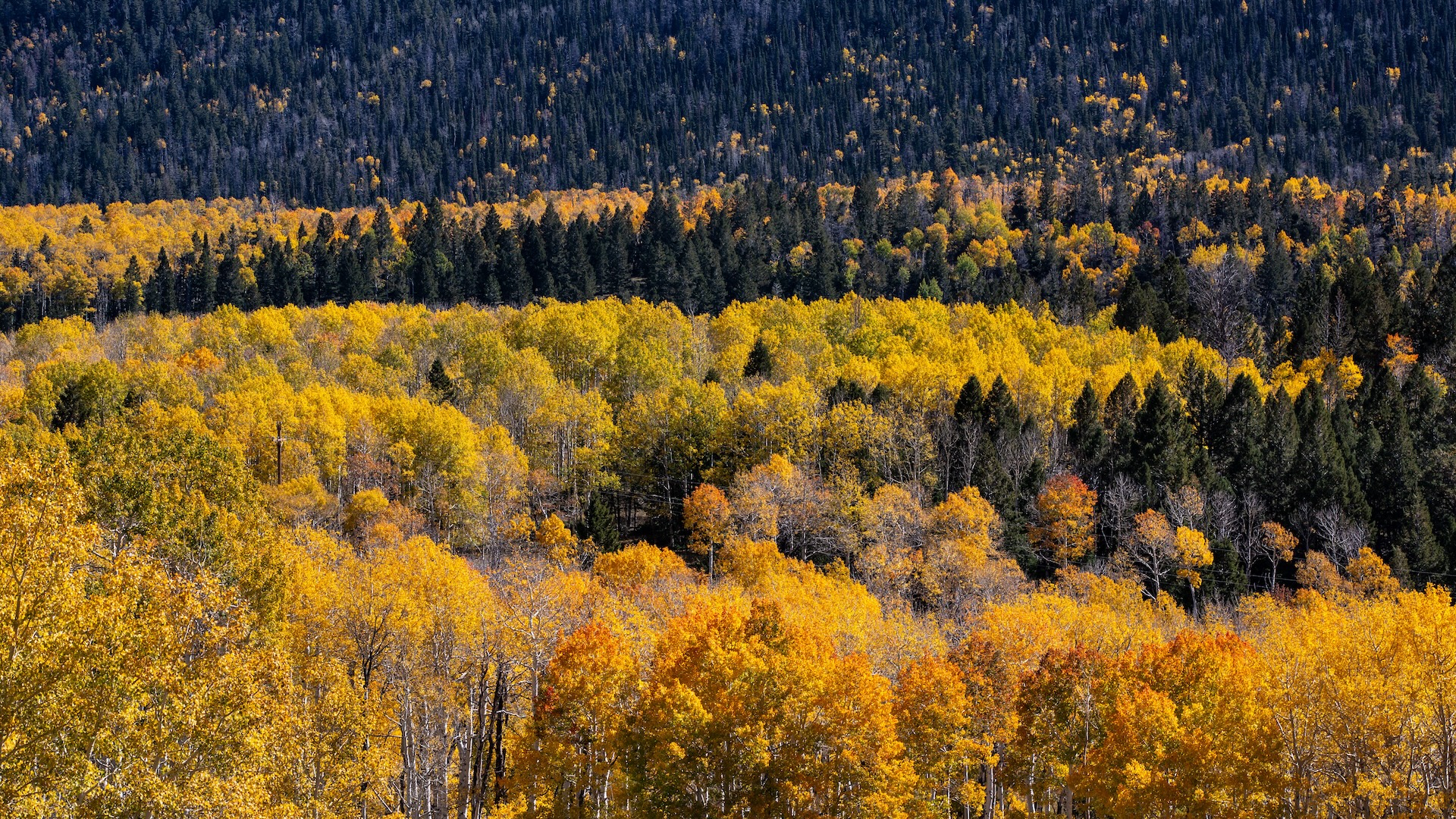
Pando, the world's largest organism, may have been growing nonstop since the 1st humans left Africa, study suggests
By Stephanie Pappas published
The clonal quaking aspen known as Pando is between 16,000 and 80,000 years old.
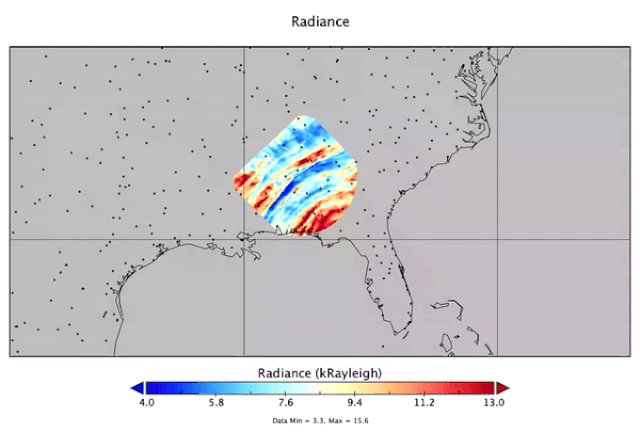
'Gravity waves' from Hurricane Helene seen rippling through the sky in new NASA images
By Stephanie Pappas published
Hurricane Helene sent gravity waves rippling through the atmosphere far above the southeastern United States, new NASA images reveal.
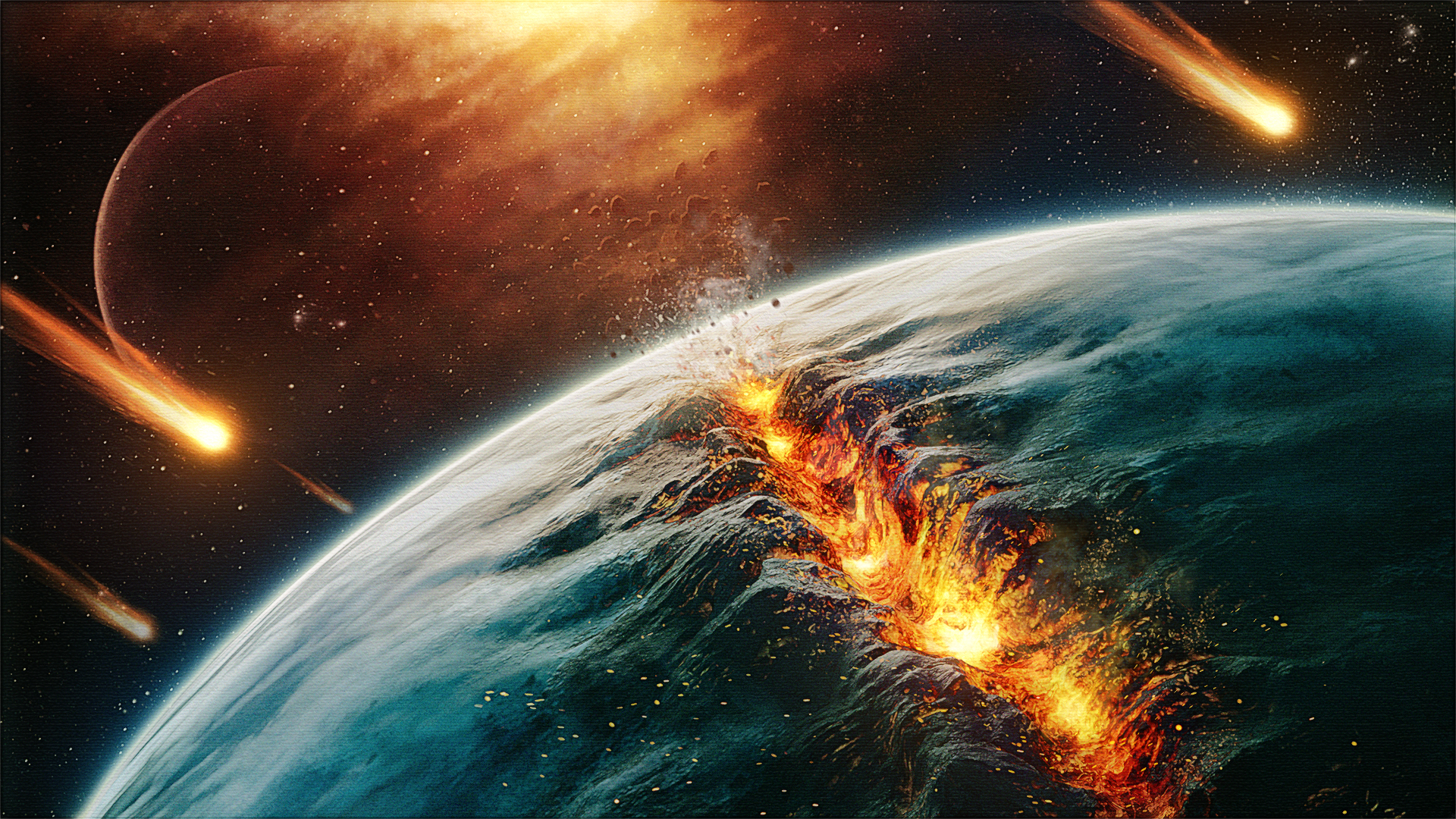
Did plate tectonics give rise to life? Groundbreaking new research could crack Earth's deepest mystery.
By Stephanie Pappas published
Emerging evidence suggests that plate tectonics, or the recycling of Earth's crust, may have begun much earlier than previously thought — and may be a big reason that our planet harbors life.
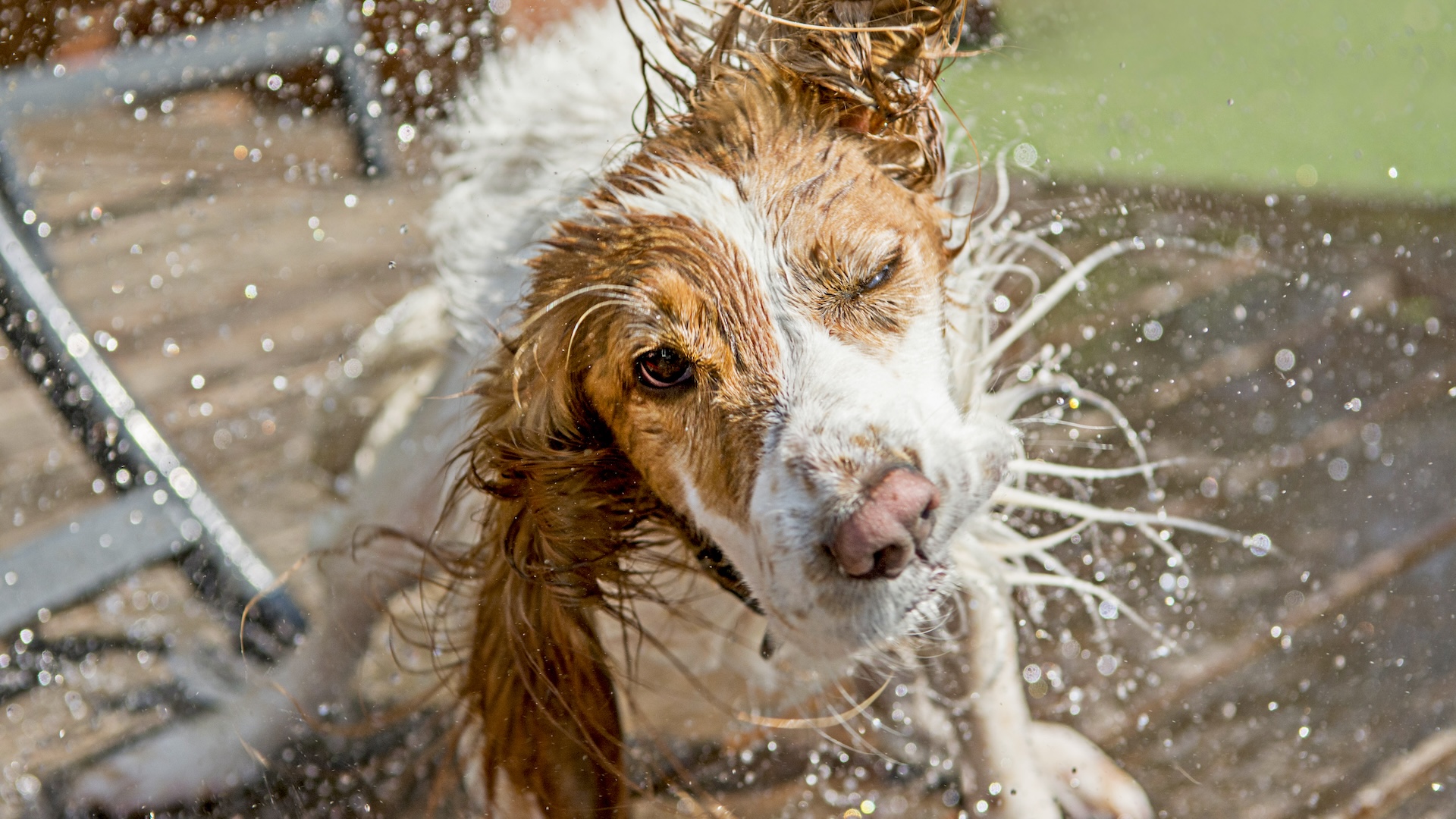
We finally know why dogs shake when they're wet
By Stephanie Pappas published
We now know the nerve responsible for dogs shaking water all over your dry clothes.
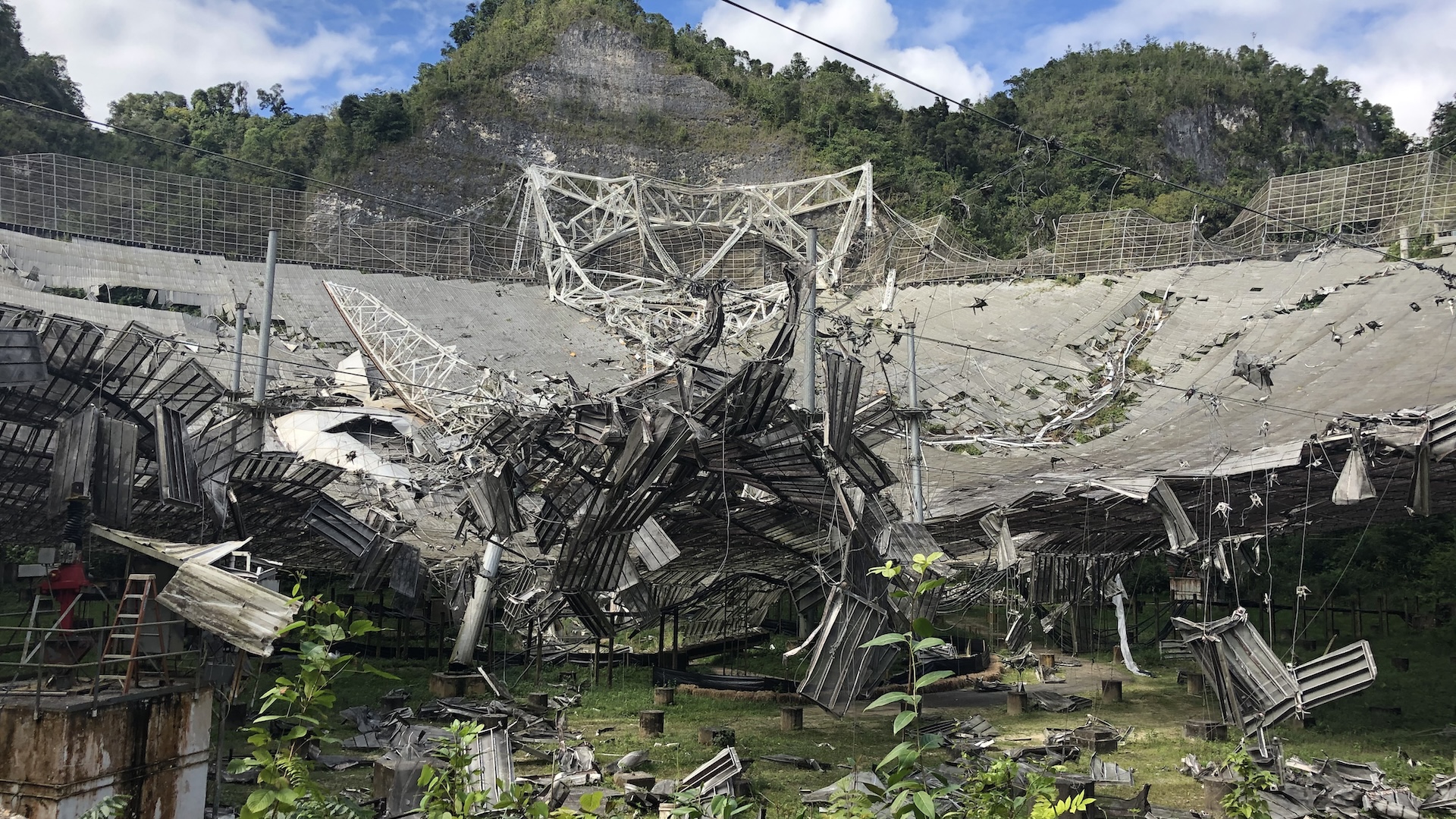
Death of alien-hunting Arecibo Telescope traced to cable issues 3 years earlier, 'alarming' report finds
By Stephanie Pappas published
A scathing new report points to unclear protocols and multiple failures to raise alarms at the Arecibo Observatory in Puerto Rico before the collapse of the site's radio telescope in 2020.
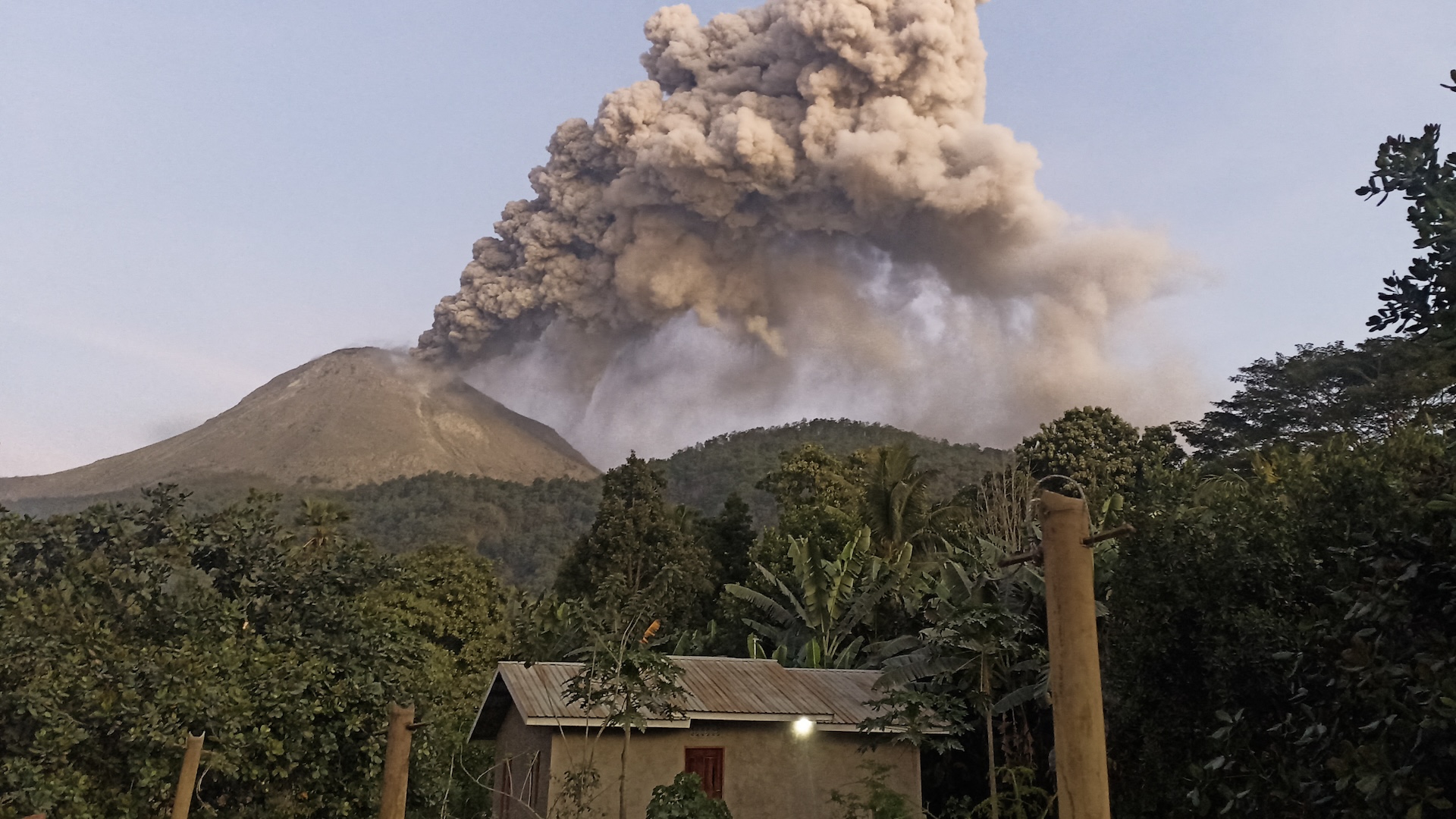
Indonesia volcano eruption kills at least 10
By Stephanie Pappas published
An eruption of Indonesia's Lewotobi Laki-laki stratovolcano rained debris and ash on villages on the island of Flores.
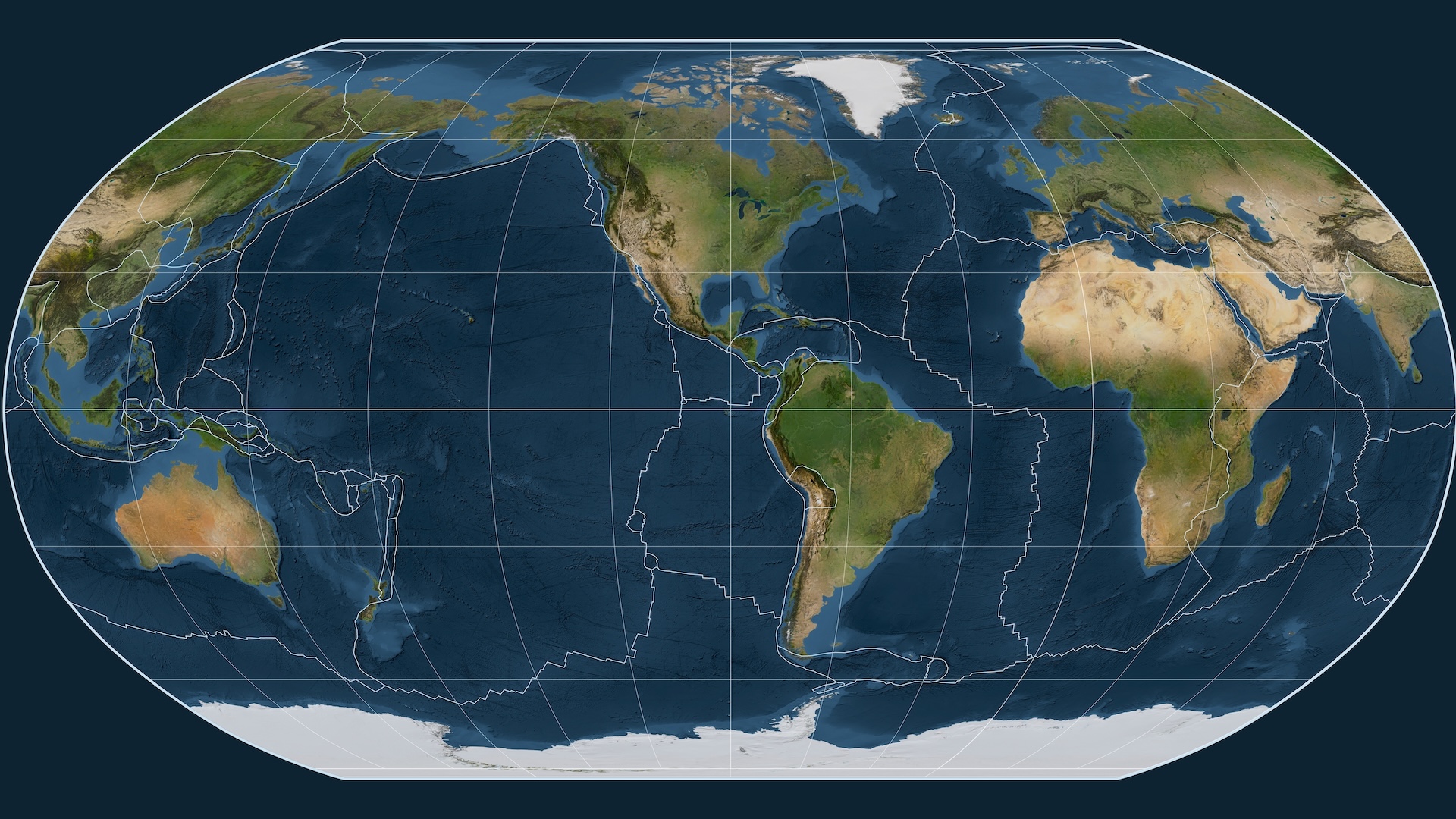
When did plate tectonics begin?
By Stephanie Pappas published
Earth surface is covered with rigid plates that move, crash into each other and dive into the planet's interior. But when did this process begin?
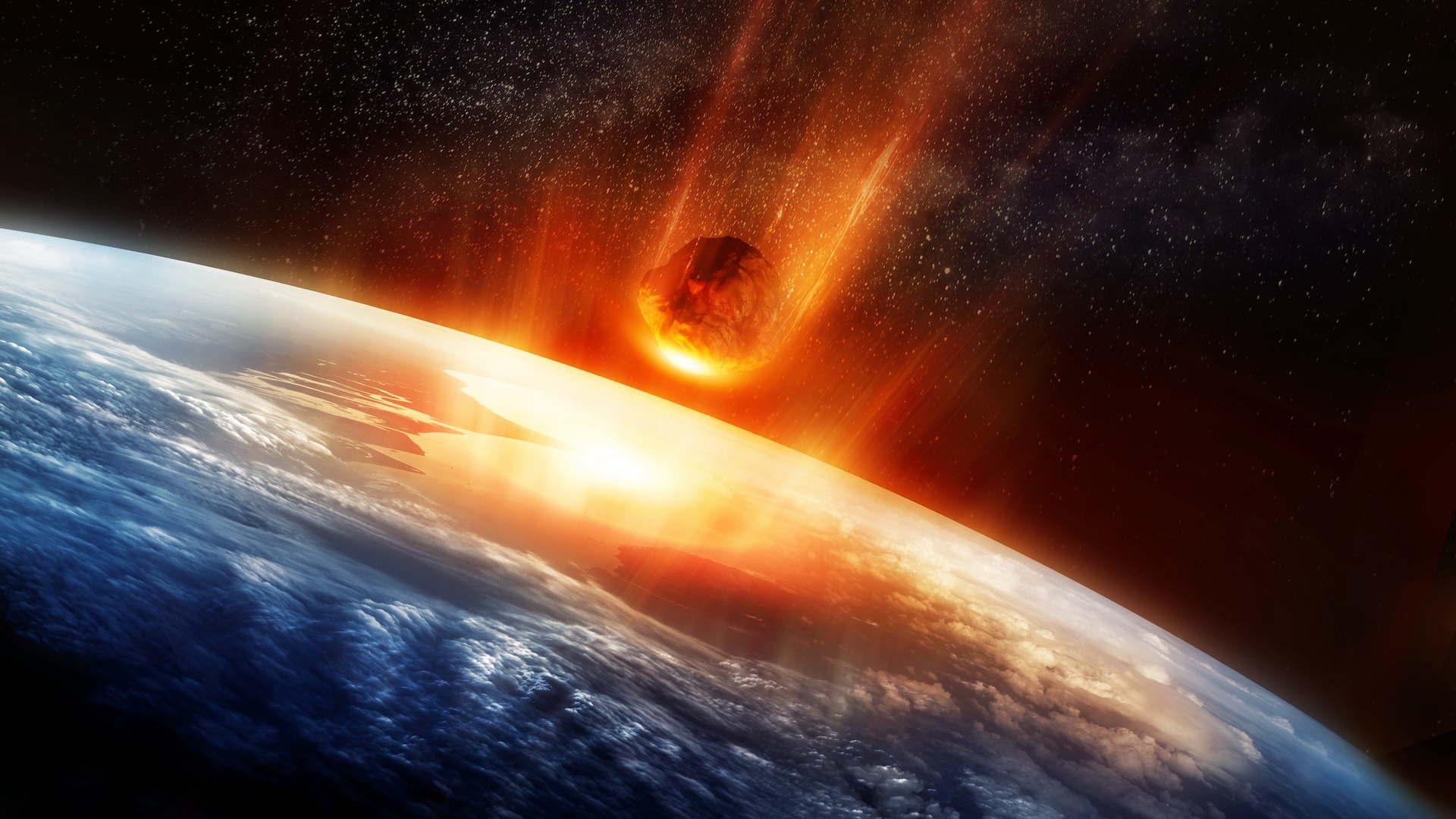
A meteorite 100 times bigger than the dinosaur-killing space rock may have nourished early microbial life
By Stephanie Pappas published
On a young Earth, giant meteors might have been a harbinger of life, not death.
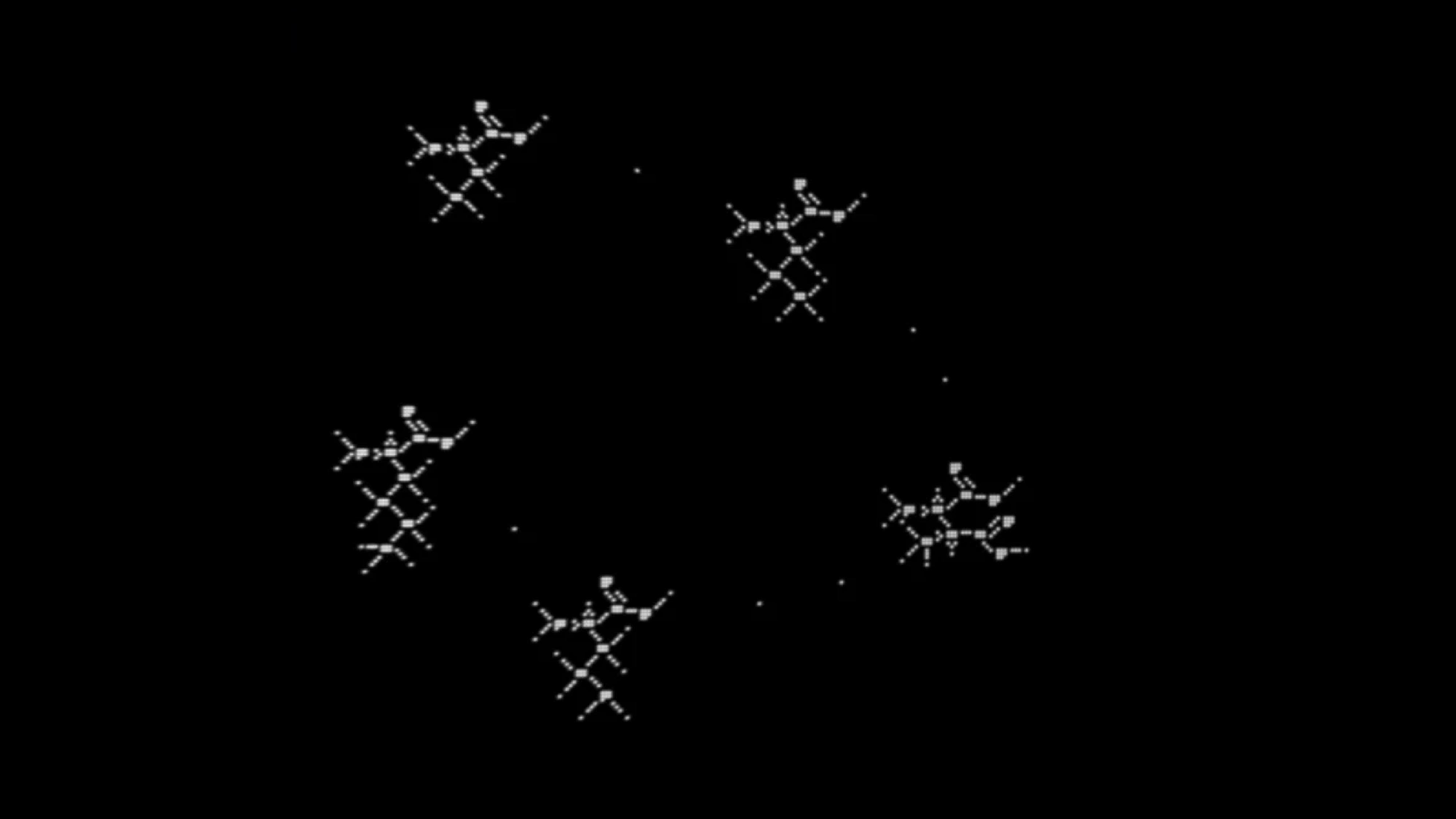
Father-daughter team decodes 'alien signal' from Mars that stumped the world for a year
By Stephanie Pappas published
A father and daughter team based in the U.S. have decoded a mock "alien signal" beamed from ESA's ExoMars Trace Gas Orbiter a year ago — but the meaning of the extraterrestrial message remains a mystery.
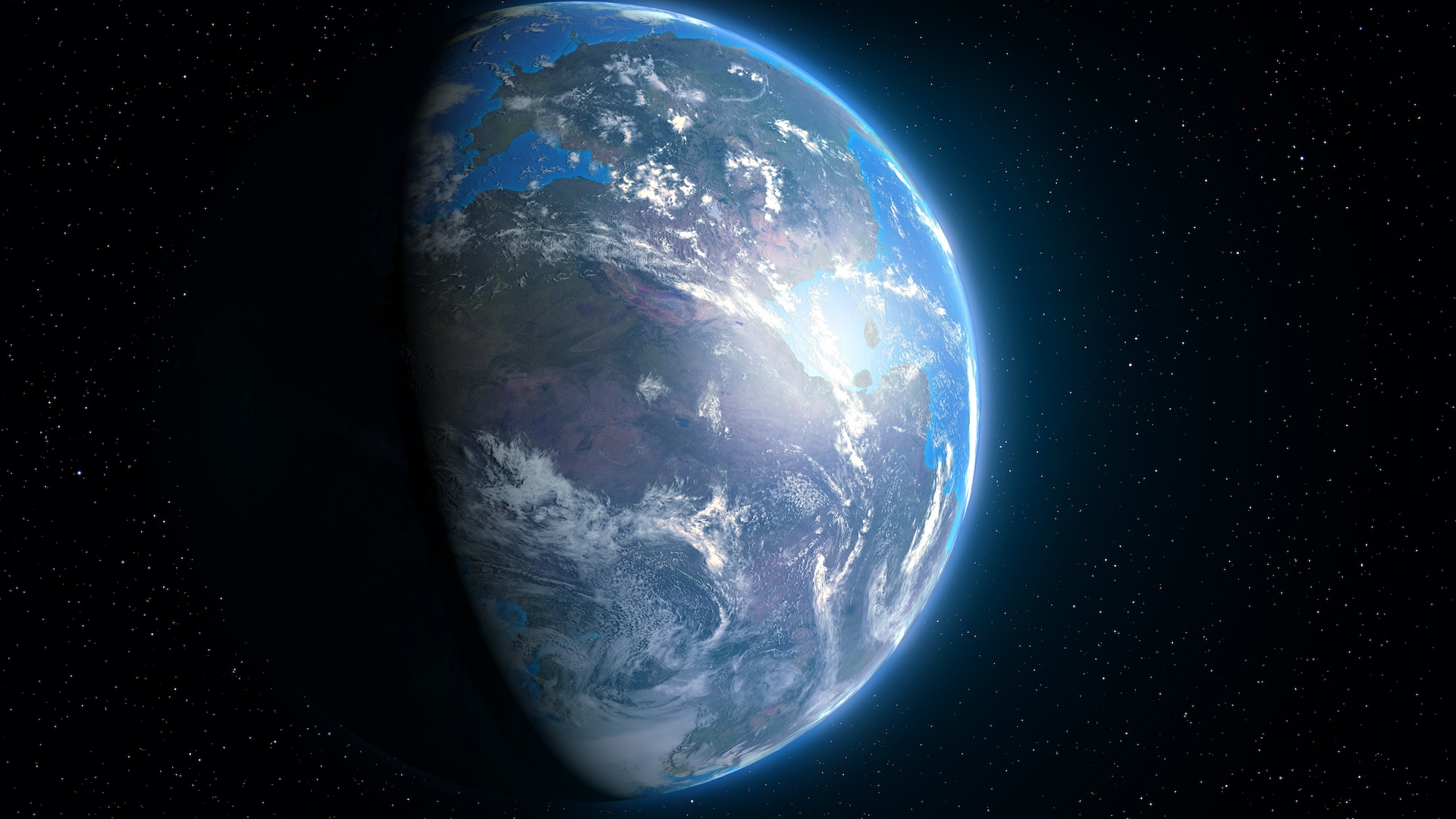
Earth's mantle is split into two halves thanks to supercontinent Pangaea
By Stephanie Pappas published
The mantle is split up into two domains — the African and the Pacific — that emerged when supercontinent Pangaea broke apart.
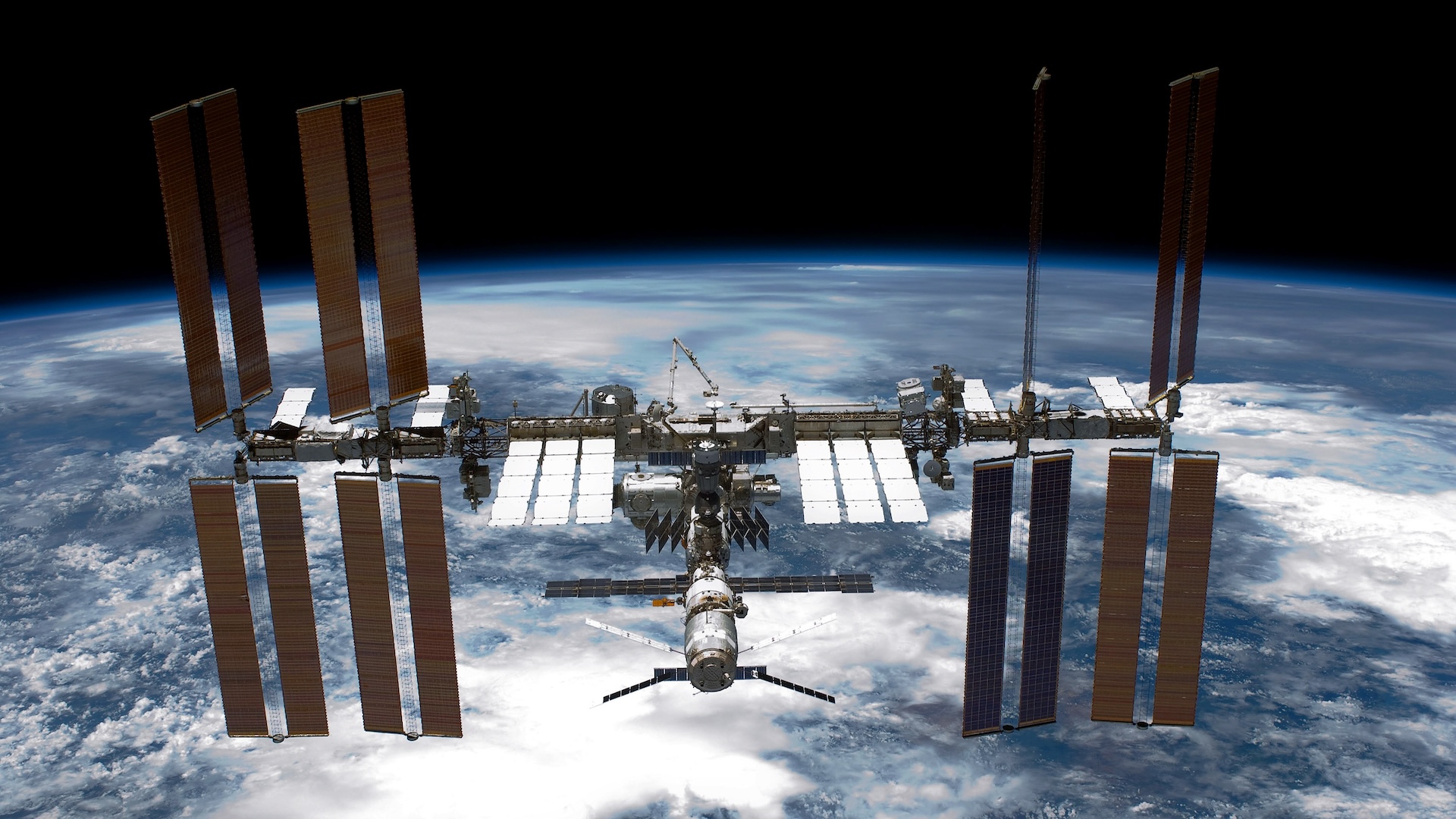
Astronauts to grow livers in space, where microgravity might help them thrive
By Stephanie Pappas published
Researchers think that microgravity could help grow liver "organoids" that could be used in medical research and even in transplant surgeries, someday.
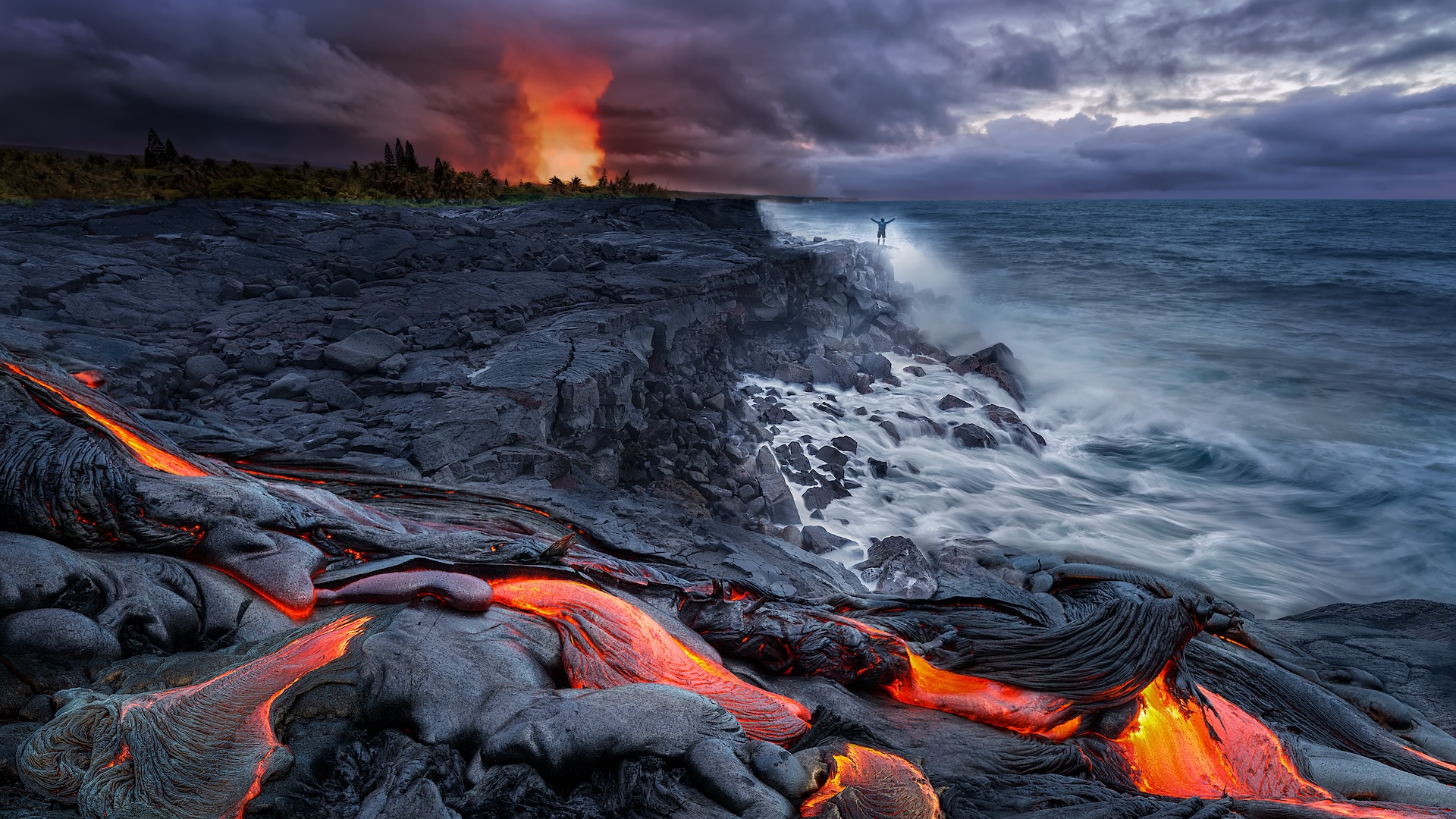
Mysterious 'blobs' in Earth's mantle are not what we thought, study claims
By Stephanie Pappas published
Lava that erupts from hotspots around the world seems to come from a similar ancestral magma, new research finds.
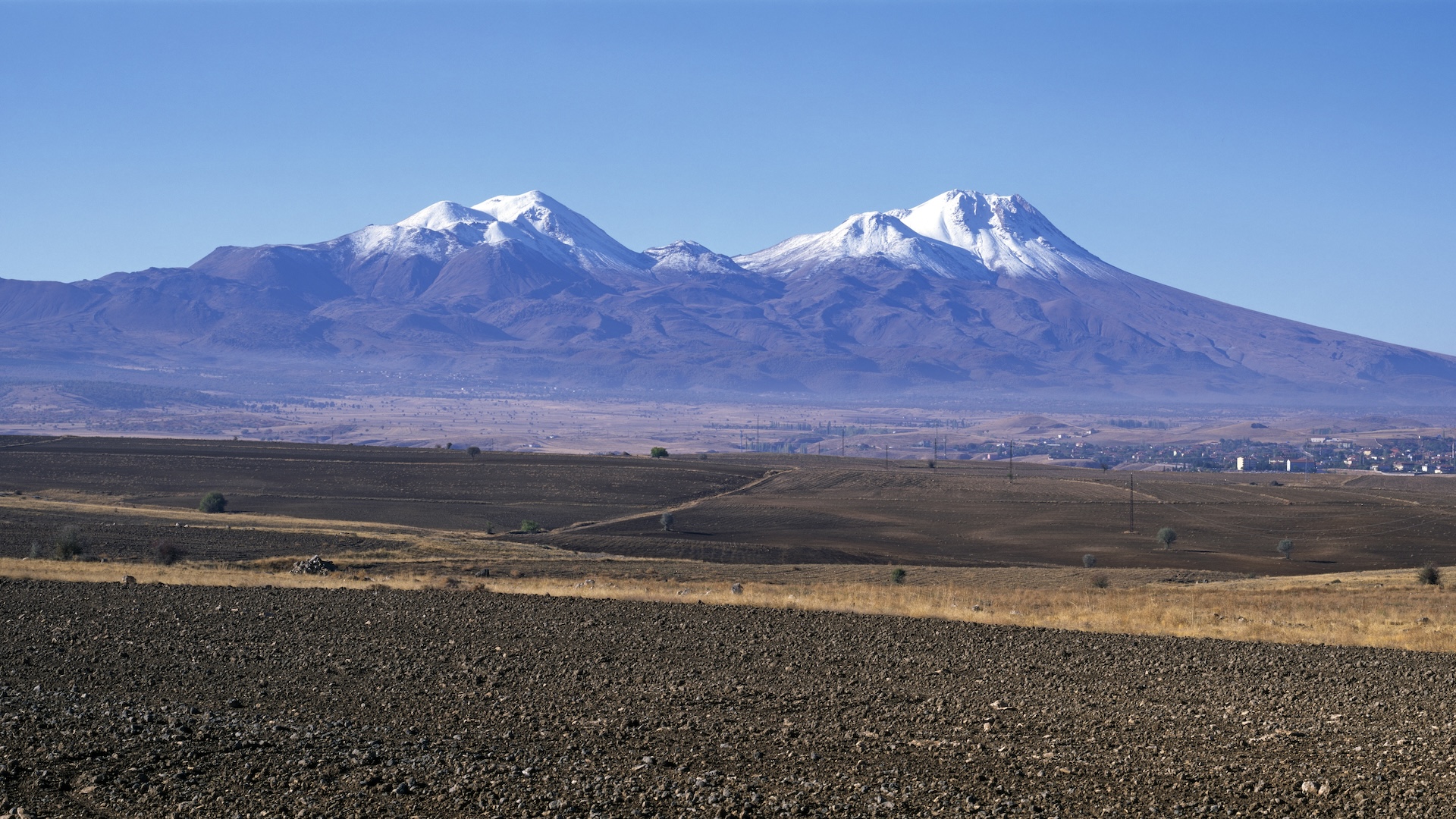
Earth's crust may be building mountains by dripping into the mantle
By Stephanie Pappas published
An odd phenomenon called lithospheric dripping might occur wherever mountains form.
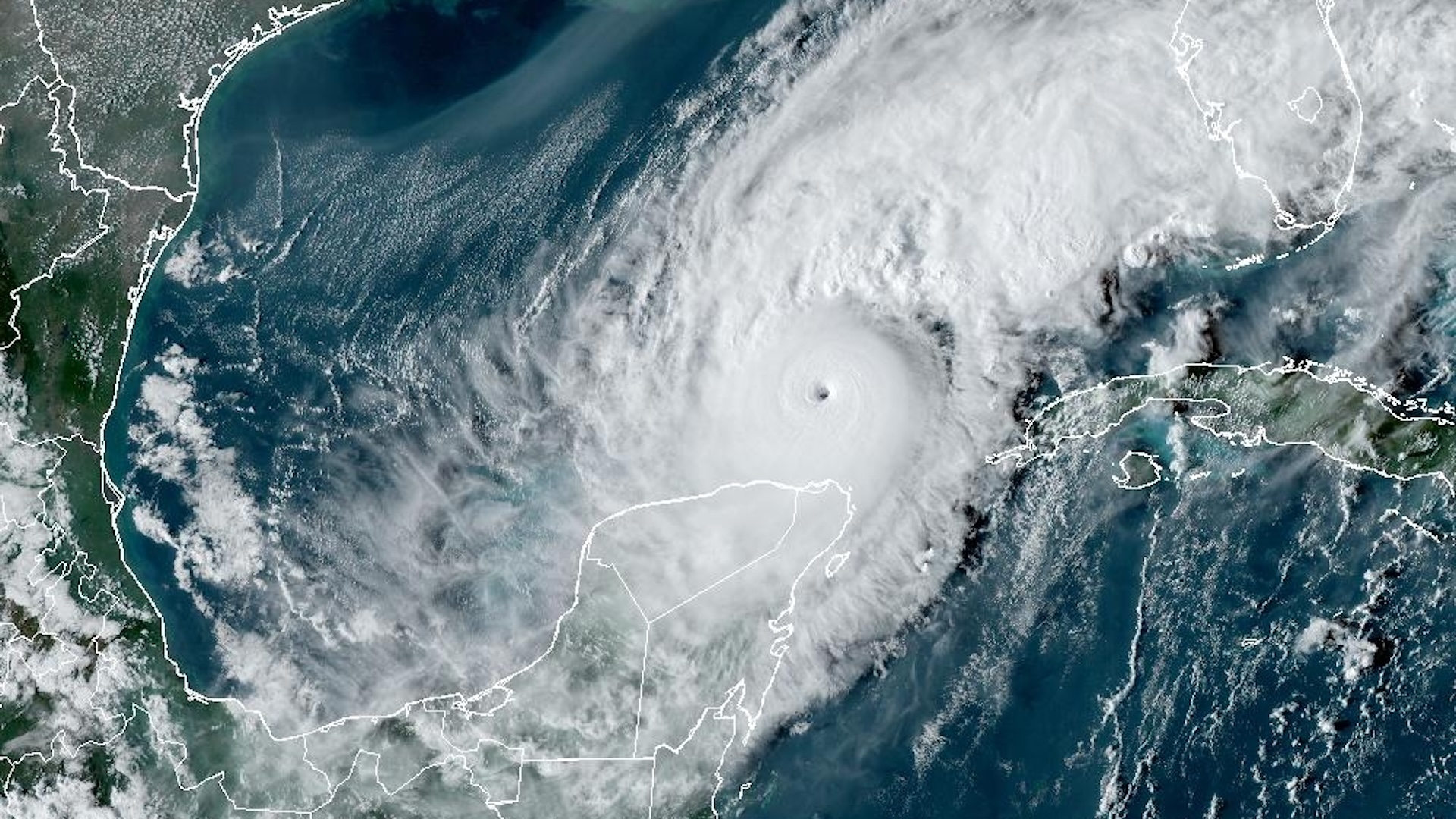
How strong can hurricanes get?
By Stephanie Pappas published
There's a theoretical limit to the maximum sustained wind speeds of hurricanes, but climate change may increase that "speed limit."
Sign up for the Live Science daily newsletter now
Get the world’s most fascinating discoveries delivered straight to your inbox.
